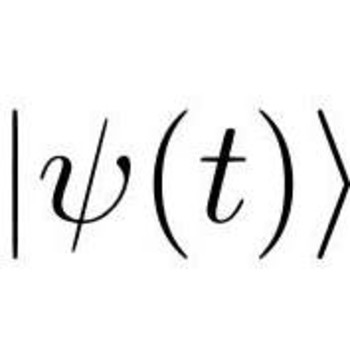Why does the nucleus of an atom have a positive charge?
2 Answers
Apr 1, 2018
The nucleus of an atom is constituted only by nucleons that can be protons or neutrons, in a number that is reported by the periodic table. Now, the charge of protons is always positive, the neutrons have no net charge (charge zero) then the total resulting charge of nucleus is positive, due only to the protons contribute.
Apr 2, 2018
It's because of the presence of protons.
Explanation:
A nucleus of an atom has protons and neutrons. We know that a proton has a charge of

